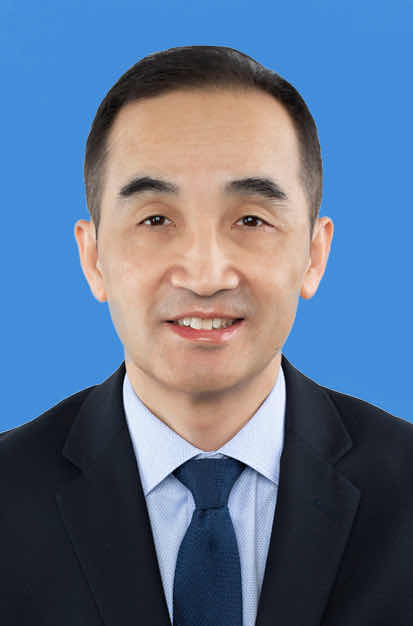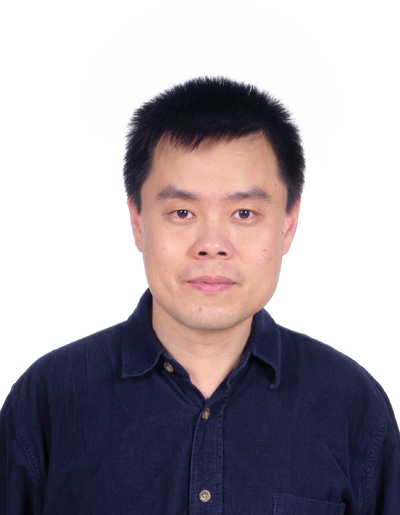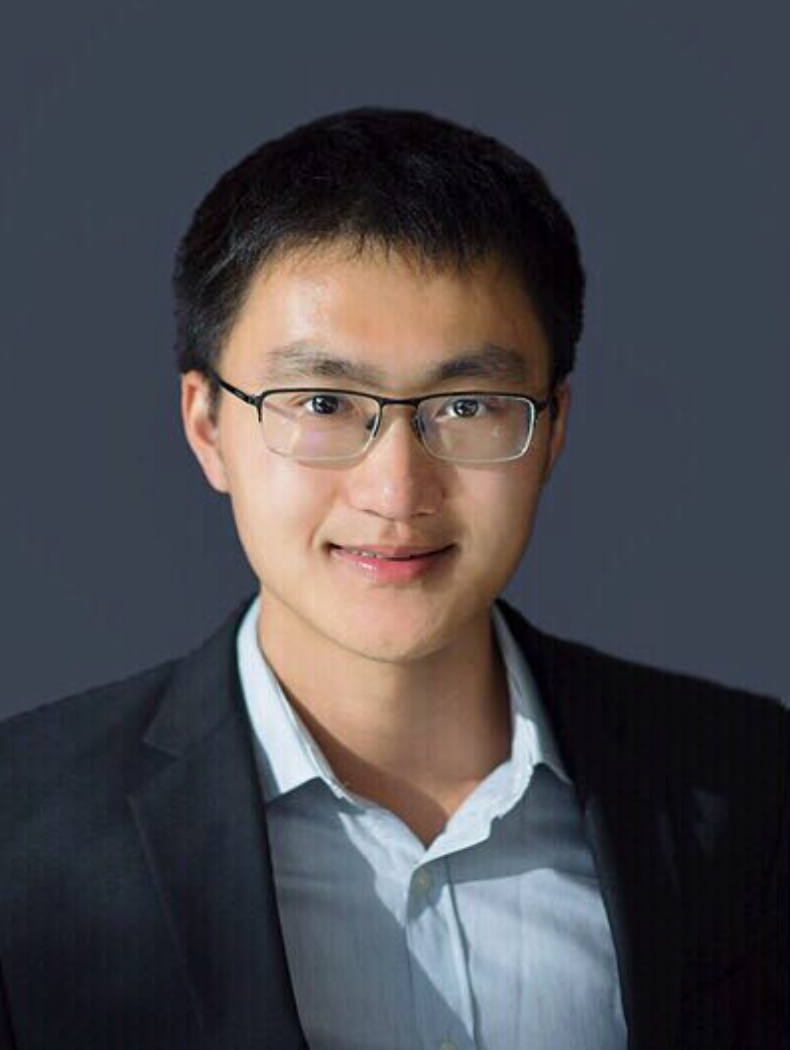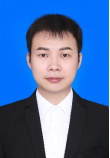
- Member of the US National Academy of Engineering, IEEE Fellow
- Carnegie Mellon University
- Title: Learning in the Real World: Diverse, Spatial, Temporal Dependent Data
- Abstract: In the real world, data comes from many different sources (e.g., multiple devices), with inter-dependencies (across sources, aka spatial dependencies) and intra-dependencies (across time), multiple types, and different nature (e.g., weather patterns, traffic counts). Deep Learning (DL) has shown significant improvements in computer vision and natural language with ever larger and more sophisticated deep models. But in many other application domains, annotated data is scarce, data dependencies are of paramount significance, and often there is prior knowledge and there are extensive libraries of data processing methods and algorithms that have served us well in the past. In this lecture, we consider some of these issues – adopting graphs to capture data spatial dependencies, and strategies to learn from such complicated diverse data. We illustrate our results with benchmark datasets and real-world applications (e.g., traffic flows and taxi requests in urban environments).
- Bio: José M. F. Moura is the Philip L. and Marsha Dowd University Professor at CMU, with interests in signal processing and data science. A detector in two of his patents with Alek Kavcic is found in over 60% of the disk drives of all computers sold worldwide in the last 15 years (4 billion and counting)–leading to a US $750 Million settlement between CMU and Marvell. He was the 2019 President and CEO of IEEE, the largest professional society in the world with its 420 thousand members. He was Editor in Chief for the Transactions on SP. He is Fellow of the IEEE, AAAS, and the US National Academy of Inventors, holds honorary doctorate degrees from the University of Strathclyde (UK) and Universidade de Lisboa (Portugal), he is a member of the Academy of Sciences of Portugal, and a member of the US National Academy of Engineering. He received the Great Cross of the Order of The Infante D. Henrique bestowed to him by the President of the Republic of Portugal.








